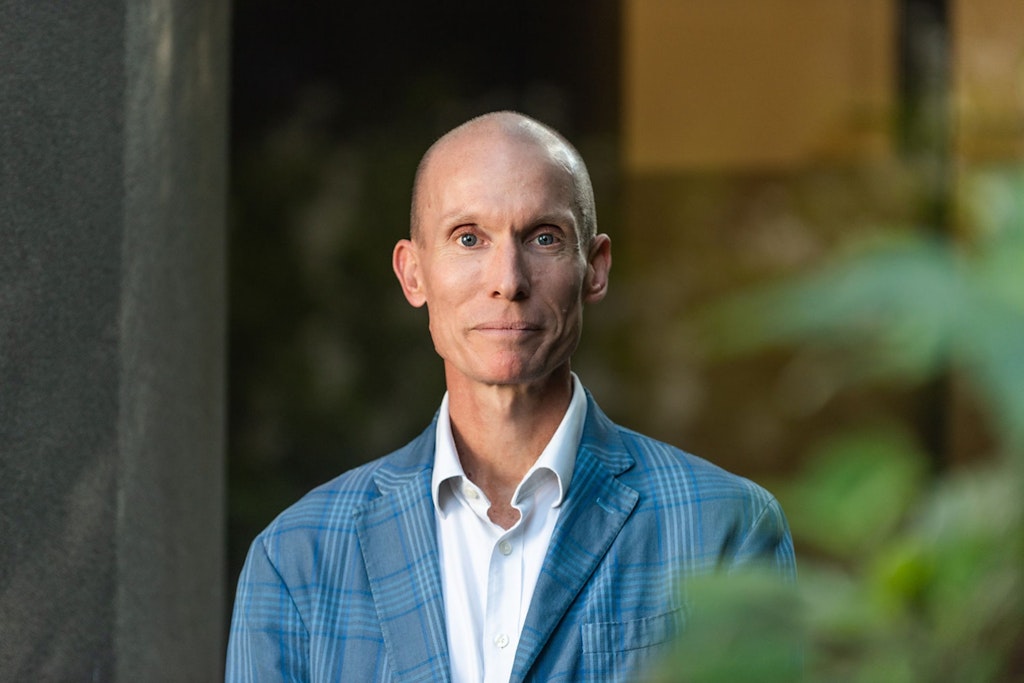Workers’ compensation redesign aims to improve employee experience
Published on 24 October 2023 (Last updated on 27 November 2023)

A group of Australian researchers are looking at ways to improve workers’ compensation, partnering with injured workers and industry experts to better understand how the system can be fixed.
This could open the door to a workers’ compensation system designed to better support employees while further encouraging employers to engage with and assist workers making claims.
Key points
- Close to half a million Australians experience a work-related injury or illness each year
- Roughly one-third (31%) of them will receive workers’ compensation, with that percentage increasing from 27% in 2017-18
- With almost two million weeks of work lost due to serious workers’ compensation claims, the economic impact sits at a whopping $28.6 billion per year
Workers’ Voice: Harnessing lived experience to redesign Australia’s workers’ compensation systems will provide an unbiased look at the issue. Research participants will be workers who have experienced physical and psychological injury or illness, plus their support networks. The focus is on finding what can be done better and the areas of opportunity for improvement.
Professor Alex Collie, from Monash University’s School of Public Health and Preventative Medicine, will lead the research project and he told hello leaders that current systems are structured and operated in ways that could cause further harm to injured workers.
“It’s true that most of the workers’ compensation schemes were designed in the 1980s. They are out of date and haven’t kept pace with what we know about how to support people in their return to work and how to recover after injury and illness. This project is about re-imagining workers’ compensation for the future,” Professor Collie explained.
“The other main concern and the impetus for this new study is a lot of people report their systems as being complex and stressful and that can influence their health, particularly their mental health. It can get in the way of them recovering, getting back to work and getting on with life.
“We know from studies that good systems tend to reflect the perspectives and experiences of the people they provide services to. The sector has a history of treating injured workers as claims to be managed, rather than as vulnerable people in need of support,” he added.
Workers’ compensation is governed by each individual Australian State or Territory, meaning there’s no uniform approach to the claims process. But for the most part, they are all outdated claims systems that have not been designed or updated to reflect modern workplace injuries.
Through the insights of workers with lived experience of a workers’ compensation claim a new workers’ compensation system will be designed, one that is in tune with their experiences and supports the workers.
Professor Collie said this in itself is an exciting step forward as workers have not been involved in the design process for compensation schemes in the past. In addition, a modern look at workplace injury and illness will include a greater focus on mental health, an important consideration for aged care.
“In aged care and other frontline services, there are a lot of people interacting with the public in challenging roles and high-pressure situations. People who work in those roles are exposed to different risks,” Professor Collie explained.
“If we want to get people back to work after being injured or developing an illness, we can’t just treat that injury or illness. We need to help workers with other things going on in their lives that might be the real barriers to recovering and returning to work.”
The Workers’ Voice project is expected to run until 2026, with major findings released periodically, beginning in early 2024. In the meantime, Professor Collie reinforced the critical role employers play in workers’ compensation claims.
He also said that negative expectations from employers should not get in the way of supporting workers who have made a claim or should be making one.
“Being proactive, speaking to the injured person and contacting them… we often hear that employers are reluctant to contact workers who have made a workers’ compensation claim because of how that might be perceived,” he said.
“But the evidence shows employers should proactively contact people as that can make a big difference in helping them get back to work. Being involved in the person’s recovery and rehabilitation and showing empathy is an incredibly powerful thing employers can do.”
More information on the study is available at www.workersvoice.com.au with workers encouraged to express their interest in participating.